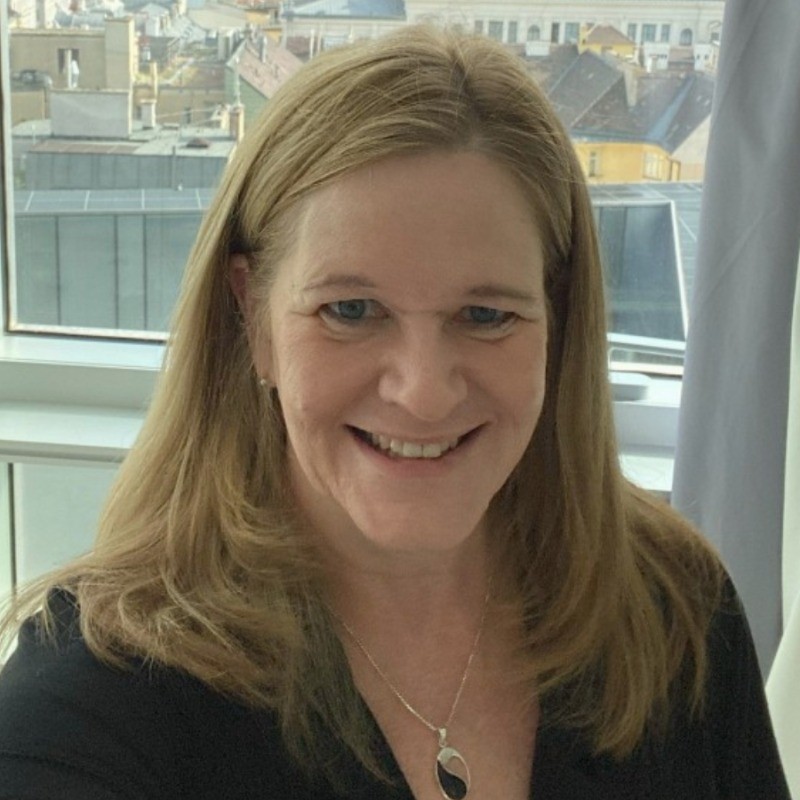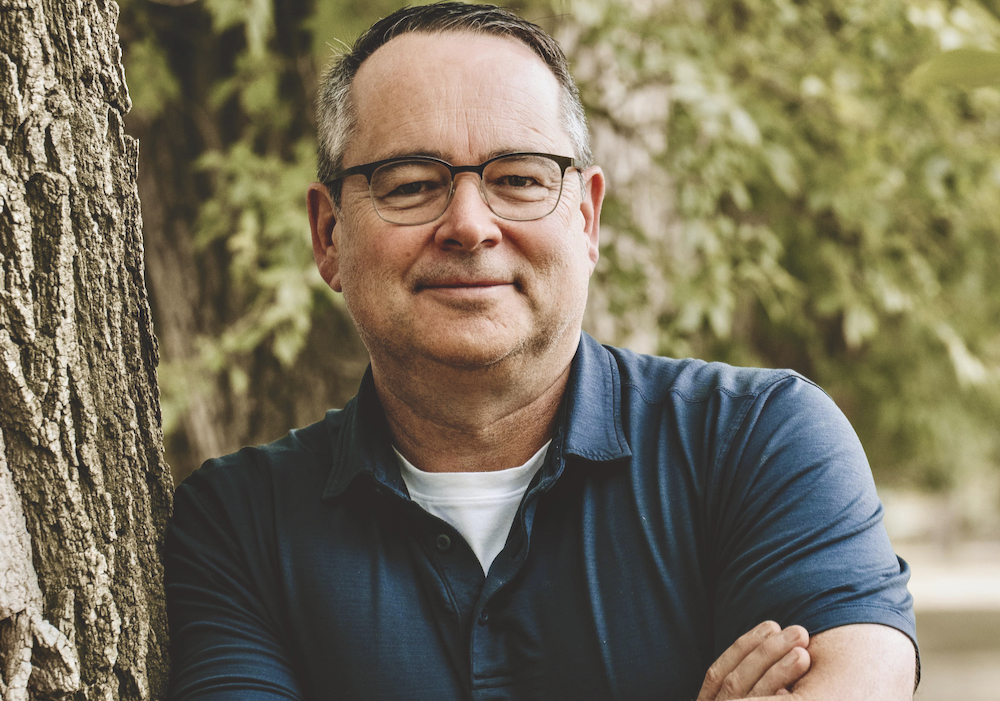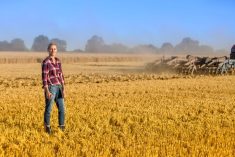Let’s say that you have a good sense of what success would look like for you and you’re pretty sure you’re made of the stuff it will take to achieve it, but it’s just not happening. Could a coach help?
Kelly Dobson describes himself as a “professional capital ‘C’ Coach with a graduate degree.” Coaching, he says, is an evolving space that has changed a lot in the past 10 years. But at heart, “coaching is first and foremost focused on the development or growth of the person. Coaching is about helping people be who they need to be so they can do what they need to do to get the results they want.”
Dobson is a certified coach with a designation from Royal Roads University. He’s been coaching farmers since 2017 through his company, LeaderShift, and through the National Farm Leadership Program (NFLP). He’s also a farmer on a fourth-generation farm at Fairfax, Manitoba.
Read Also

How scientists are using DNA and climate data to breed crops of the future
A method for forecasting how crops will perform in different environments so that plant breeders can quickly select the best parents for new, climate-resilient varieties.
In past, old-school coaches used a structured system and were mainly focused on telling their clients what to do, Dobson says. For the client, “That creates incredible mental health and relationship issues.” This approach does help some clients, but it can lead others to burnout and disappointment. Modern coaching, Dobson says, “is really about growing individuals and helping people get on a path of professional and personal growth.”
What will a coach do?
Dobson won’t give you answers, but he’ll help you work through your problems with a no-nonsense approach. He helps his clients figure out, “what’s the solution that doesn’t just solve my problem, but actually solves ‘me’?”
Dobson’s clients usually seek coaching because they want something in their business to be different. Often, through the coaching process, “they realize they need to see things differently.” When his clients can see situations through a different lens, “there’s a tremendous relief of stress and burden.”
Some clients originally came in saying they want to change their business culture. “They didn’t realize that ‘the first culture we’re going to change is you,’”Dobson says.
Figuring out how you need to change is, as Dobson says, “easy to say, hard to do.” But this is the key to coaching, and the key to success. “When you change behavior, you change results,” Dobson says.
Dobson takes an interest in how his clients “show up” in their professional and personal lives. He doesn’t worry about their farm financial ratios. “I don’t even ask how big their farm is, because I really don’t care,” he says. He wants to know what’s really going on. He’ll ask about relationships, and how his clients cope with adversity. He’ll help his clients learn which of their behaviors are making their lives more difficult and how they can change these behaviors.
Farmers, like all people, are generally resistant to change. Dobson chalks this up to evolution. We’re hard-wired for belonging, or status, or protection, or control. We’ve evolved the way we have to enable our survival in a prehistoric world. But today, we’re doing things that “the human nervous system was not designed to do.” To overcome this, we need to understand our mindsets. “We need to understand how we behave, and how our behaviors developed.”
Dobson refers to the moments when his clients identify their unconscious behavior patterns and realize how these patterns have caused problems as “coconut moments” — the moment when the coconut falls and hits them on the head. “Now they can’t unsee it,” he says. Sometimes his clients can change their view of the world and change the way they respond to it. This can lead to big results in their personal and farm lives.
This short description makes coaching and being coached sound easy. Of course it’s not. Dobson says it’s “bloody uncomfortable. People want things to be different, they just don’t want to have to go through any difficulty in the process.”
But if you’ve hit a point where the personal and professional life you’re living is more painful than the discomfort of making a change, you might be ready to meet with a coach.
What doesn’t a coach do?
The most important thing a coach shouldn’t do, Dobson says, is sell you something. It’s becoming more common for companies selling products or services in the ag industry to also offer coaching. There is a place for this, but know what you’re getting into. Dobson says, “unless you’re paying for the information, they only make money if they sell you the product.”
A professional coach doesn’t offer specific advice. If you’re considering working with a professional with a background in a specialty like finance, law, accounting or insurance, understand that the advice you get may be specific to that area. That may be what you’re looking for, but for a more general approach, look for a certified coach.
A coach doesn’t take you directly to the solution. For example, if you’re working on a farm transition plan, the first discussion with your coach should probably not be about tax accounting. Instead, you might need to work on how your family communicates, and your place in the family structure. Often in the ag industry, Dobson says, “we’re trying to put the technical solutions ahead of the readiness of the people.” When this happens, the outcome is often resistance.
Another thing a good coach doesn’t do is sign you up for services without a clear expectation of the outcome. Make sure you know what to expect before you get too far into the process, so you’ll know if the coaching was successful. Dobson thinks of this as “defining the conditions of satisfaction.”
Maybe you think the relational problems on your farm and within your family are too big to change. Maybe you’re dealing with a dysfunctional team, hopeless co-workers, or stubborn in-laws. Dobson believes you can tackle such problems.
But if you’re the one who decides a coach is right, it’s up to you to make it happen, he says. “It always starts with one person.”
















